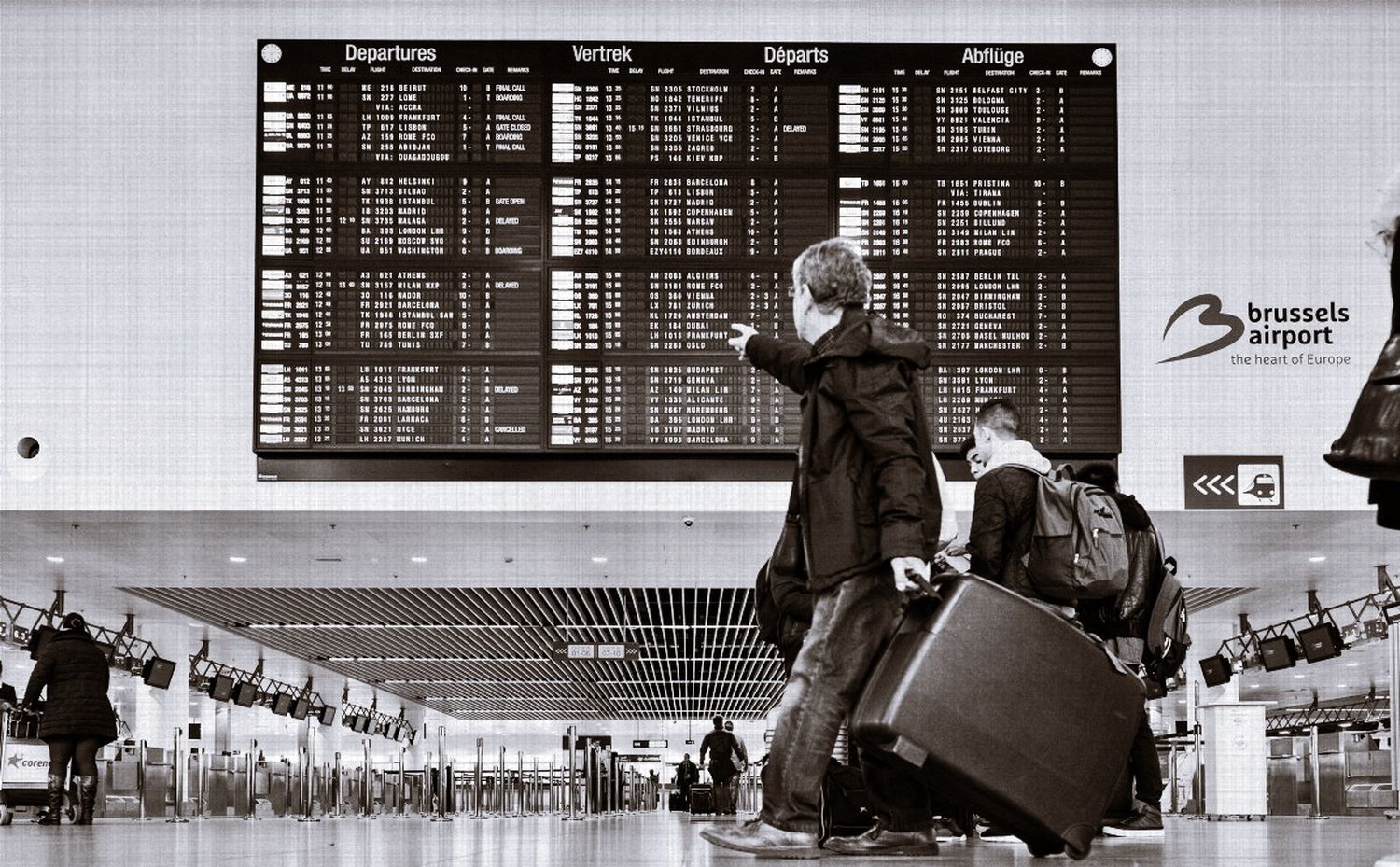New EU border controls: airlines, airports welcome decision to postpone implementation
Europe’s leading aviation industry organisations welcomed the European Union’s decision to postpone the implementation of the new migration control system for non-EU national, the Entry/Exit System (EES), until after the 2023 summer season.
In a joint statement, ACI Europe, A4E, ERA and IATA said that while they fully support the new system and are committed to working on its implementation, there are still some issues that need to be resolved so that passengers do not experience disruption in the process.
These include the wider and more effective adoption of automation at border crossings by national authorities; securing funding for states to deploy sufficient numbers of trained staff and resources, especially at airports; and the need for a communication campaign to alert non-EU foreigners to the new entry requirements.
Industry also calls for strengthened communication by EU-LISA, the agency responsible for the EES programme, with airlines and airports, as well as with agencies in other countries to ensure that IT systems are connected and compatible.
«We therefore urge all those involved to make the best use of the extra time now available to address the outstanding issues and ensure enough resources are deployed for its introduction,» the organisations said.
«A new start date for EES should be set to ensure continued smooth aviation operations and in particular trouble-free processing of passengers at airports. This will help deliver the time savings the European Commission identified as the biggest benefit of EES,» they concluded.
The new Entry/Exit System will replace passport stamping on entry and exit to and from EU territory by using biometric technology for immigration control, as a step prior to a check by an officer, which they claim will ultimately save time, although there are fears of significant delays at the outset. It applies to the whole of the Schengen Area (which includes Norway, Iceland, Liechtenstein and Switzerland, countries that are not part of the European Union) with the exception of Cyprus and Ireland, which, although they are EU members, will continue to stamp passports. Bulgaria and Romania, which are members of the EU but not of the Schengen area, will also implement the EES.
This system will be the prelude to the wider implementation of the ETIAS (European Travel Information and Authorisation System) at the end of 2023. From then on, citizens of countries that do not require a visa to enter the Schengen area (such as Argentina, Brazil, Chile, Colombia, Mexico, the United States and Peru) will have to register in advance in the system to obtain a travel authorisation, which will cost 7 euros and will last for three years or until the passport expires, whichever comes first.


Para comentar, debés estar registradoPor favor, iniciá sesión